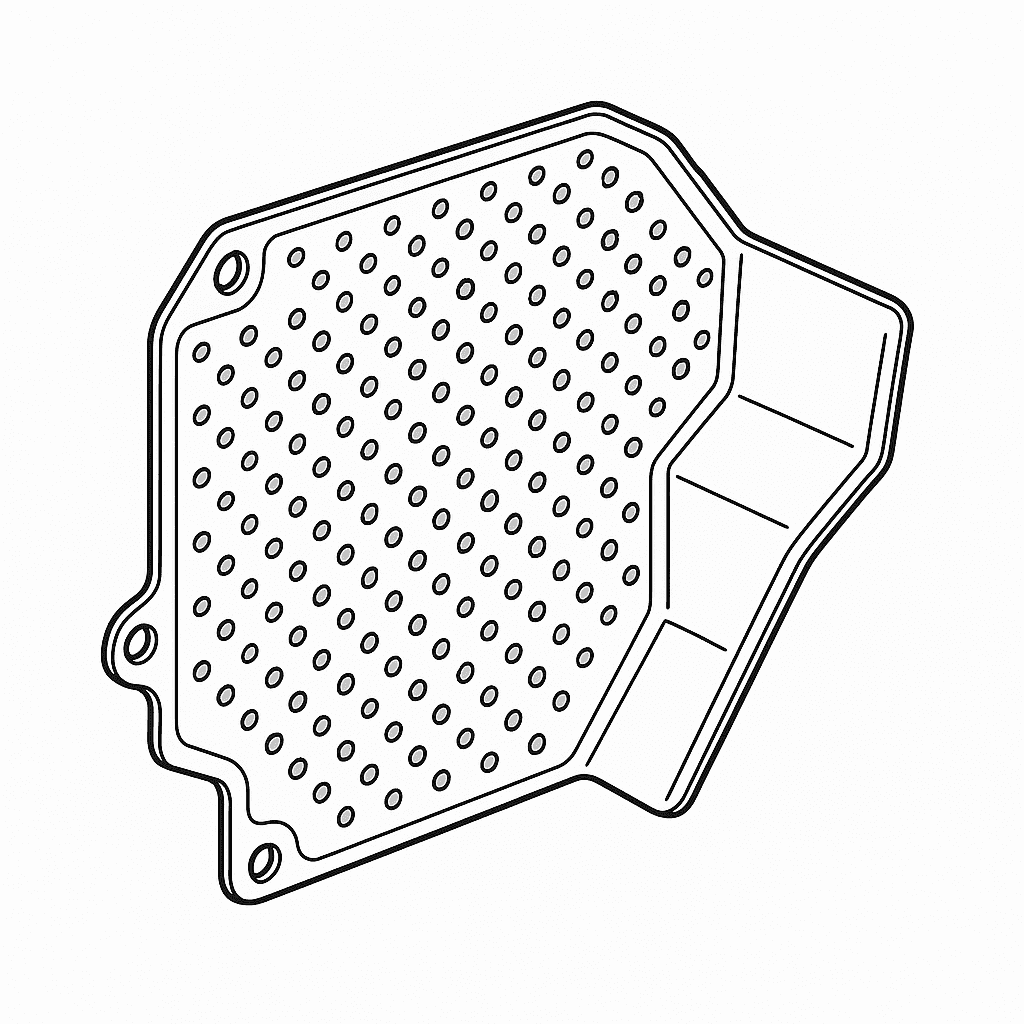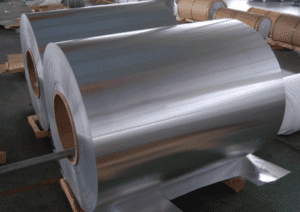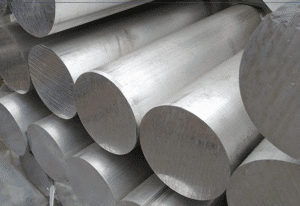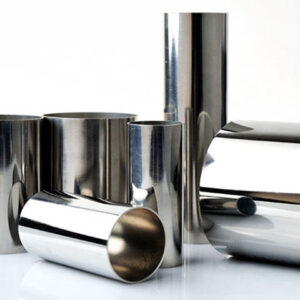Why Aluminum Is Transforming the Automotive Industry
As global demand rises for lightweight, fuel-efficient, and sustainable vehicles, aluminum has become a key material in modern automotive manufacturing. From passenger cars to commercial trucks and electric vehicles (EVs), automakers are increasingly relying on aluminum for its unique combination of strength, corrosion resistance, and weight savings.

In this article, we explore how aluminum is used in the automotive sector, its advantages, and why B2B buyers—especially automotive parts manufacturers and OEMs—should consider aluminum tubes, rods, sheets, and coils for their next project.
1. Aluminum Products Used in the Automotive Industry
1.1 Aluminum Tubes
- Applications: Cooling systems, air-conditioning lines, fuel lines, crash management systems.
- Advantages: Lightweight, excellent thermal conductivity, corrosion resistance.

1.2 Aluminum Rods (Bars)
- Applications: Axle components, suspension parts, steering components.
- Advantages: High strength-to-weight ratio, excellent machinability.

1.3 Aluminum Sheets
- Applications: Body panels, doors, hoods, trunk lids.
- Advantages: Good formability, surface finish, and corrosion resistance.

1.4 Aluminum Coils
- Applications: Heat shields, insulation panels, structural reinforcements.
- Advantages: Flexible processing options, surface treatment compatibility.

2. Benefits of Using Aluminum in Automotive Manufacturing
2.1 Weight Reduction
Aluminum is about one-third the weight of steel, enabling automakers to significantly reduce vehicle weight. This improves fuel efficiency and lowers emissions, key goals for meeting environmental regulations such as Euro 7 and EPA standards.
2.2 Improved Safety
Modern high-strength aluminum alloys offer excellent crash energy absorption, making vehicles safer while still reducing weight.
2.3 Corrosion Resistance
Aluminum naturally forms a protective oxide layer, ideal for parts exposed to moisture, road salt, or extreme weather.
2.4 Design Flexibility
Aluminum can be extruded, rolled, cast, and forged into complex shapes, giving engineers more freedom in design while maintaining strength and durability.
2.5 Recyclability
Aluminum is 100% recyclable without loss of properties, aligning with automotive sustainability goals and circular economy practices.
3. Aluminum in EVs and the Future of Mobility
Electric vehicles (EVs) rely heavily on aluminum to compensate for battery weight. EV platforms often feature aluminum-intensive designs:
- Battery enclosures made of aluminum sheet and extrusions
- Lightweight chassis and body structures to extend driving range
- Thermal management systems using aluminum tubes and coils
The shift toward electrification is expected to further boost aluminum demand in the automotive sector. According to market research, the average aluminum content per vehicle may exceed 250 kg by 2030, up from around 150 kg in 2020.
4. Global Trends and Opportunities for Aluminum Buyers
4.1 OEM Requirements
Original Equipment Manufacturers (OEMs) are pushing suppliers to provide consistent quality, traceability, and compliance with global standards like IATF 16949 and ISO 9001.
4.2 Sourcing from China
Many you source aluminum raw materials from Chinese manufacturers due to competitive pricing, advanced processing capabilities, and custom alloy options. Choosing a reliable supplier with export experience and proper certifications is critical.
4.3 Rising Demand for Customized Profiles
Automotive applications increasingly require customized aluminum profiles and extrusions, which offer higher efficiency and lower assembly costs. This opens up opportunities for suppliers offering tailor-made solutions.

5. Conclusion: Why Aluminum Is a Strategic Material for the Automotive Industry
Aluminum’s role in the automotive industry is no longer optional—it is essential. As manufacturers strive to create lighter, safer, and more sustainable vehicles, aluminum remains the material of choice.

Whether you are an automotive parts supplier, OEM, or procurement manager, choosing high-quality aluminum tubes, rods, sheets, or coils can improve product performance and reduce total cost of ownership.
✅ Looking for a reliable aluminum supplier?
We specialize in custom and wholesale aluminum raw materials for global automotive clients. Contact us today for a quote or sample.






